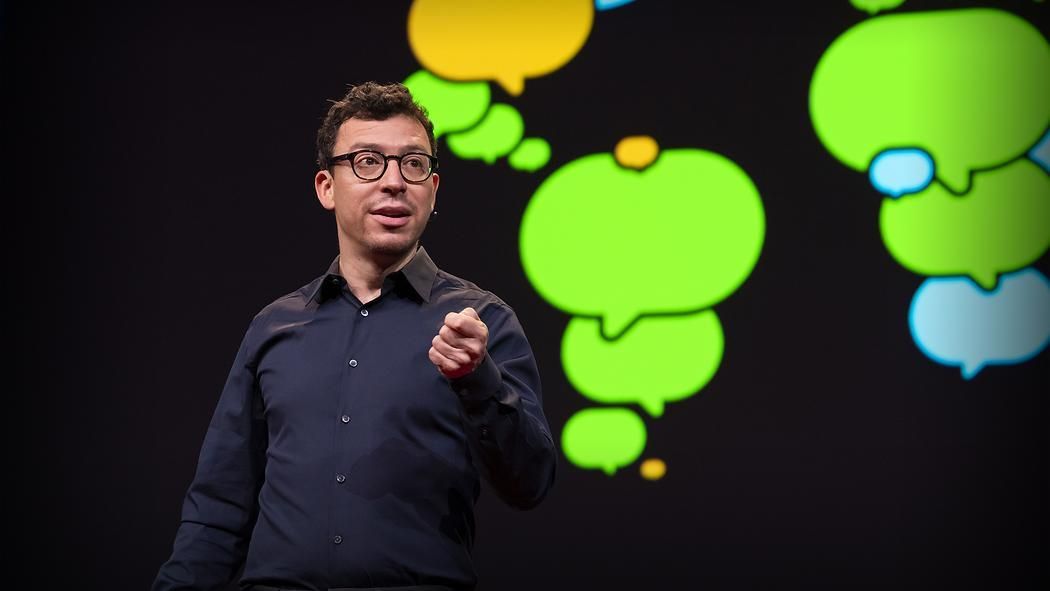
Lost in Translation? Duolingo CEO Scrambles to Clarify Leaked AI Memo
Aug 18, 2025 |
👀 97 views |
💬 0 comments
Duolingo CEO Luis von Ahn is in damage control mode, claiming a recently leaked internal memo that sparked a firestorm of criticism over the company's AI strategy was fundamentally "misunderstood." The memo, which celebrated the cost-cutting and efficiency gains from using AI to generate content, was widely seen as a dismissal of the human translators and contractors who helped build the language-learning giant.
The controversy erupted late last week after the memo, originally intended for internal management, was leaked online. In it, von Ahn praised Duolingo's increasing reliance on generative AI for creating new lessons and sentences, highlighting that the technology could now perform a significant portion of the work previously done by human contractors, leading to "substantial savings" and "accelerated content pipelines."
The backlash was swift and fierce. Former and current Duolingo contractors, along with language experts and user advocates, took to social media to accuse the company of devaluing human expertise and sacrificing pedagogical quality for profit. Critics argued that while AI can generate grammatically correct sentences, it often lacks the cultural nuance, creativity, and real-world context that human translators provide—the very elements that made Duolingo's lessons feel engaging and authentic.
The hashtag #DuolingoDumpsHumans trended in several countries, with many users in Nigeria and across Africa expressing concern that local and less common languages on the platform would suffer from a robotic, context-poor AI-first approach.
Speaking to an international tech publication over the weekend in an attempt to quell the uproar, von Ahn stated that the memo's intent was misconstrued. "Our message was not that humans are no longer needed," he explained. "It was about a shift in their role. The memo was misunderstood. We see AI as a tool to empower our human experts, not replace them."
Von Ahn elaborated that the goal is to use AI to handle the "heavy lifting" of creating initial lesson drafts, freeing up human linguists to focus on more complex, creative, and evaluative tasks—acting as editors and curators rather than content generators. He argued this new "human-in-the-loop" model would allow Duolingo to scale its course offerings more rapidly and efficiently.
"We are not firing our linguists," von Ahn insisted. "We are evolving their roles. The savings mentioned were a reflection of a new, more efficient workflow."
However, his clarification has been met with skepticism. Critics point to the fact that Duolingo has been steadily reducing its reliance on human contractors for over a year, a trend that coincides with the rapid advancement of generative AI. For many of the translators who saw their contracts terminated or not renewed, the CEO's words offer little comfort. They argue that the "misunderstood" memo simply stated the company's quiet strategy out loud.
As Duolingo navigates this PR crisis, the incident has ignited a broader debate about the role of AI in creative and educational fields. While companies celebrate the efficiency and cost-saving benefits, the Duolingo saga serves as a potent reminder of the human cost and the potential loss of quality when automation is pursued without a clear and communicated plan for the human talent caught in the balance.
🧠 Related Posts
💬 Leave a Comment
